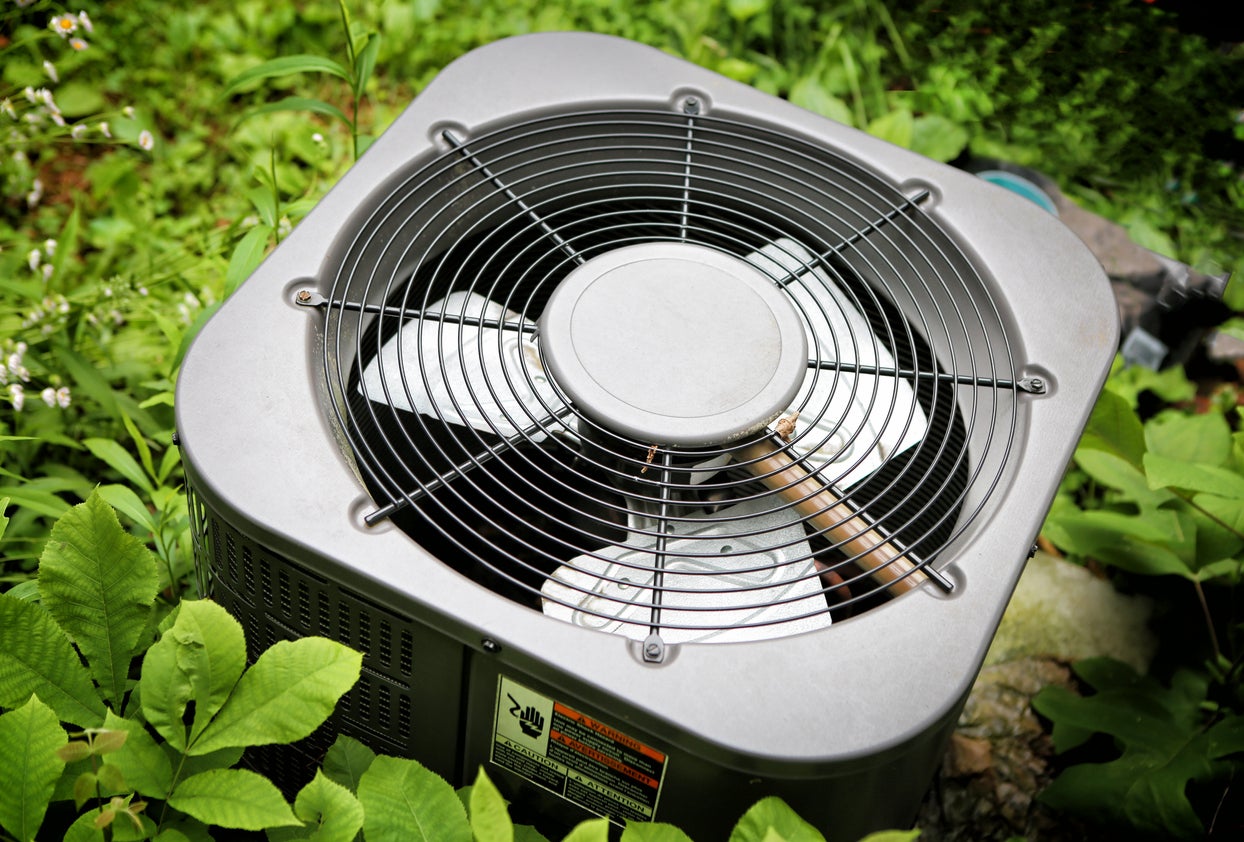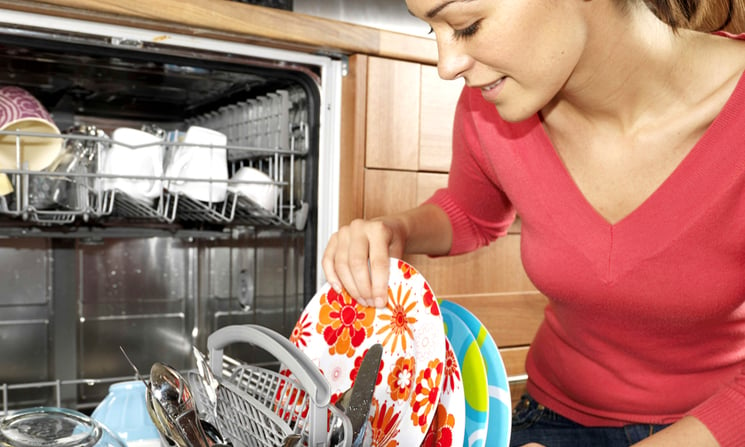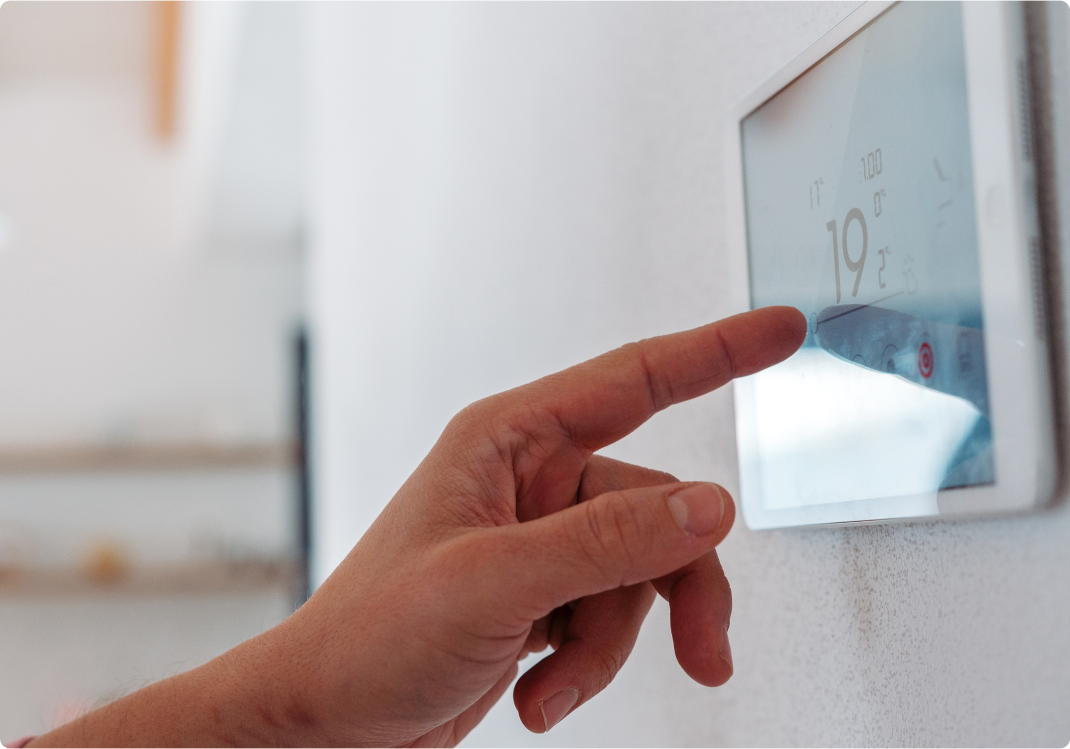9 more ways to make your home energy efficient
While heating and cooling do make up a large portion of our home’s energy consumption, they’re not the only places we should be conscious of our usage. Here are nine more ways to ensure your home is running as efficiently as possible:
Be aware of energy vampires
Even when you’re not using your appliances, some of them still use power. These are what we call energy vampires. When appliances and electronics such as your microwave oven, desktop computer, or TV are plugged into the outlet, they’re using a small quantity of electricity.
While it may not seem like a big deal, when you add up the energy usage of all your appliances on standby over a year, it could cost you a few dollars a month, depending on the efficiency of your electronics. Even if you’re not concerned about price, it’s worth thinking about the environmental significance of saving power in your home.
So, when you’re done using an appliance or electronic device, unplug it from the outlet until the next time.
Switch to LED lighting

Before LED bulbs became popular, incandescent dominated the world of lighting. If it’s been a while since you’ve changed your light bulbs out, or you’re simply still buying incandescent bulbs out of habit, consider switching them out for LED bulbs.
Incandescent bulbs use roughly six times the power of LEDs, which can really add up considering most households rely on overhead lights and lamps at night.
It may seem redundant to spend money on new bulbs, especially if yours are still functional, but you’ll be pleased to know that the upfront cost will likely be paid off in no time via power bill savings. Not only that, but you’ll be using less power, and therefore doing your bit for the earth without much effort.
Wash clothes responsibly
It’s recommended that you, where possible, wash your clothes in cold or warm water. Switching your loads from hot to warm water can cut your energy use in half.
This is because most of the energy used for doing laundry comes from hot water. Since hot water heating can contribute to around 13% of your overall energy usage, it’s worth bearing in mind that it’s easiest to reduce your power consumption.
When it comes to drying, always opt for air-drying unless you’re in a pinch. This will not only save power, but it’ll most likely be better for your clothing, too.
Change your bathtime habits
There’s nothing better than a long, hot bath, but unfortunately, your wallet and the environment won’t love it as much as you do. This is because hot water usage accounts for a decent chunk of your home’s energy usage, and drawn-out baths are a major culprit.
If you have the means, replace your showerhead with a low-flow unit that will cut down your water wastage by reducing your water pressure. In the meantime, simply try keeping your showers to under three minutes.
From an environmental standpoint, the benefits are two-fold, as you’re both limiting your water use and hot water heating. Your back pocket may also thank you for cushioning the blow of your next power bill.
Choose energy-efficient products
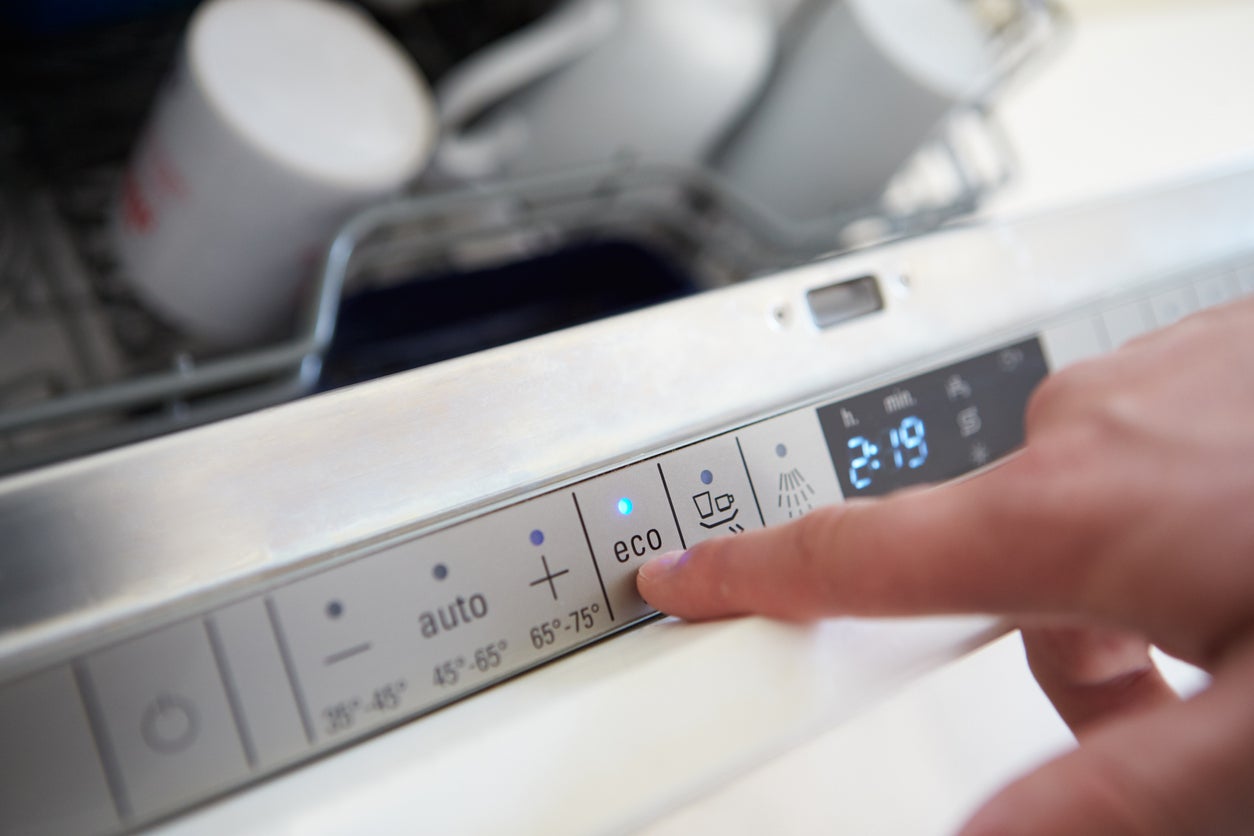
The blue ENERGY STAR logo is everywhere, and chances are you’re familiar with it. But do you really know what it means? It’s awarded to refrigerators, washers, dryers, heat pumps, and even light bulbs that are considered to be “energy-efficient”.
When choosing an ENERGY STAR qualifying appliance, you’ll be using less energy when compared to a non-qualifying electronic. If you’re buying second-hand and you’re unsure of whether your product passes the test, be sure to get the model number to verify its efficiency online.
Moderate holiday power use
We all get a little bit spend-happy around the holidays, but you may be surprised to find that presents aren’t your only extra holiday season expense.
Reduce your energy consumption by being aware of the appliances that will add zeros to your power bill. If you’ve got a second refrigerator or freezer to store turkey or other food for entertaining, only run it when necessary. It’s a better idea to make space in your main refrigerator, especially if it’ll be on for a few months.
Decorations are also worth thinking about, particularly for families that love to go all out. Lights and large, powered decorations should be switched off during the day and overnight when they won’t be enjoyed.
Replace old appliances
If you’ve had the same appliances since the 80s or 90s, it could be time to make a change in the name of energy efficiency. As the world of technology has evolved, we’ve found ways to make appliances and gadgets operate more efficiently, which means your older electronics could be using up to 66% more power than newer models.
If you’re waiting for something to stop working before you buy something new, the good news is that with an AHS Home Warranty, you’ll be covered when something breaks or needs repairing. It’ll make replacing the old icebox with a new energy-efficient refrigerator much less financially stressful.
Don’t waste power
It’s not easy to regulate your energy use, especially if you have kids, but if energy efficiency is what you’re looking to achieve, it’s a crucial habit to form. You may have become used to leaving the TV on for a bit of background noise or lights on when you leave the room, but these energy habits will only serve to push your power bill up.
Be mindful of only using power when it’s necessary, and only using as much power as required to get the job done. For example, your fridge could be turned down a notch and still function perfectly well.
Cook smart
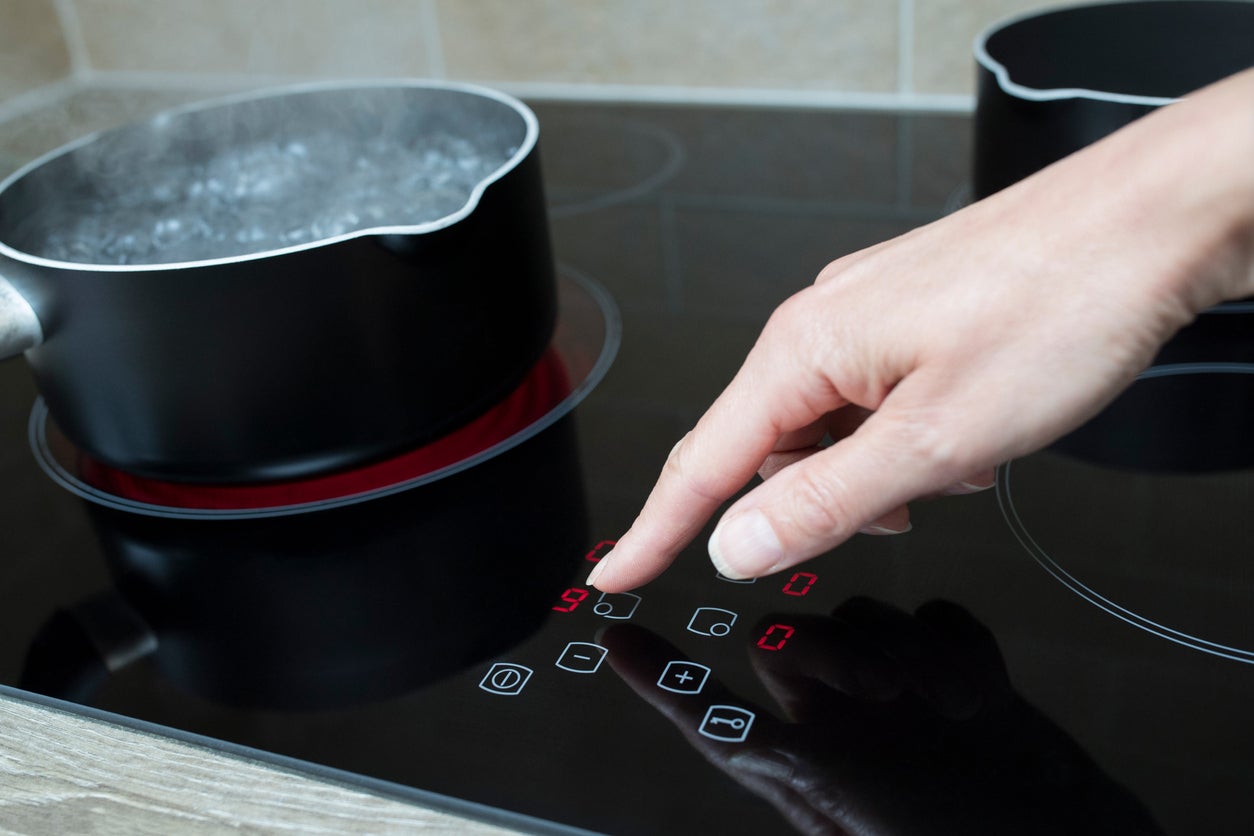
Some of our largest appliances live in the kitchen, so it makes sense to practice energy-smart habits when cooking. The oven and cooktop, in particular, are some of the appliances that use the most energy in your home.
When using the oven, it’s best to keep the door closed throughout cooking if possible. Heat escapes when you open the oven to check on your food, making your oven generate more power to bring it back up to temperature. When reheating, opt for the microwave rather than your oven to use less power.
Cooktops generally use less energy than ovens, but can still be a power-drain, especially when you’re slow-cooking. Crock-pots are an energy-efficient appliance that works great as an alternative to cooktop slow-cooking and oven roasting.
Final Thoughts
How far you go with making your home energy efficient is up to you. If replacing items isn’t within your means, you may begin with changing your energy usage habits rather than buying approved ENERGY STAR products. But when things break down and you’re stuck googling ‘cheapest energy-efficient washing machine’, the assurance provided by a home warranty plan that covers appliances can be a huge benefit.
Whether it’s the planet, your wallet, or both, by making some small changes in your home, you can get on the path to energy efficiency today.


